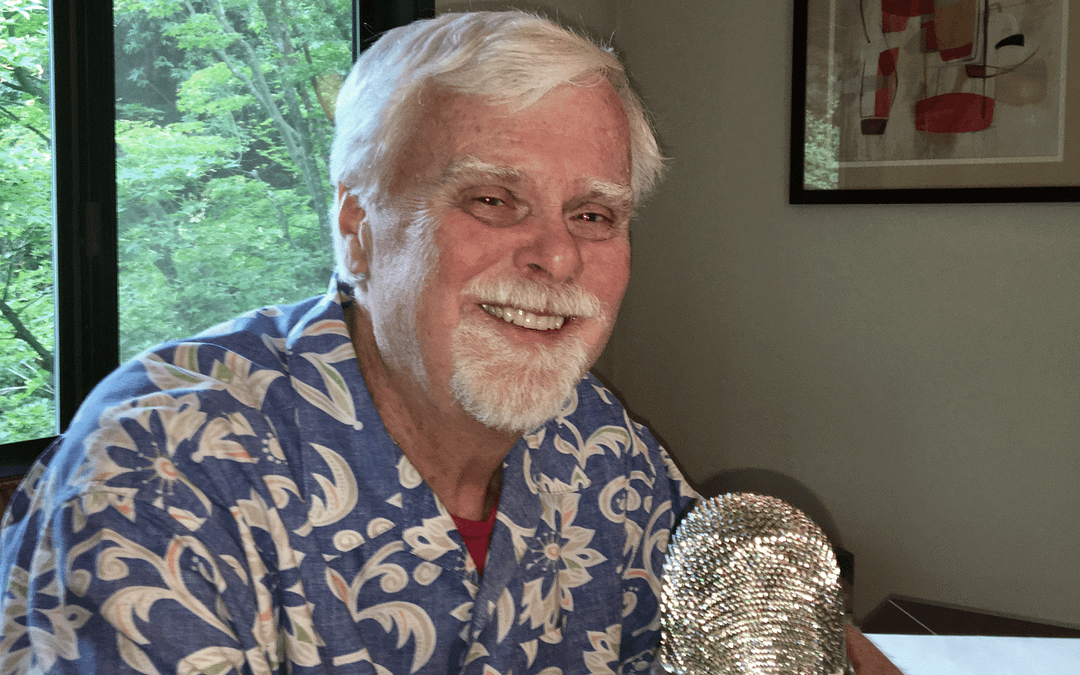Hi everybody! In today’s podcast we answer five challenging questions submitted by fans and listeners such as you!
1. Steven asks about the best route to take if you want to learn and practice TEAM-CBT? Is the degree important? What’s the best degree? Should you go to school to become a psychologist, clinical social worker, addiction counselor, psychiatrist, professional counselor, pastoral counselor, marriage and family therapist, life coach, or what? There are so many degrees and potential paths that my head is spinning!
2. Sandy asks how to overcome long-standing, entrenched perfectionistic tendencies.
3. Rin asks about the Burns Depression checklist and the criteria for depression in the DSM. He is (understandably) confused about the so-called “somatic” symptoms of depression, like insomnia or changes in appetite.
For example, some “experts” would argue that the following are all symptoms of clinical depression:
- insomnia or the opposite—sleeping too much;
- increased appetite or the opposite–decreased appetite;
- loss of interest in sex, or the opposite, sex addiction;
- loss of interest in work, or the opposite, being a workaholic.
How can opposite symptoms be symptoms of depression? Does this make sense? Are these really the symptoms of depression, or simply non-specific symptoms? What are the five key symptoms of real depression?
4. Kevin is a therapist with a simple question: How do I get over my desire to help?
5. Amanda asks how to use the Disarming Technique with a patient who thinks he or she isn’t making any progress in the therapy.
Thanks for listening to our Feeling Good Podcasts. Please tell your friends about us or forward this to them so our numbers can continue to grow. We are now in the range of 60,000 downloads per month, thanks to all of you! Fabrice and I greatly appreciate your support!
David and Fabrice
Dr. Fabrice Nye currently practices in Redwood City, California and treats individuals throughout the world via teletherapy. You can reach him at fabrice@life.net. You can reach Dr. Burns at David@feelinggood.com. If you like our jingle music and would like to support the composer Brett Van Donsel, you may download it here.
* * *
A Cool Upcoming Workshop for YOU!
Two great locations: SF and Portland
plus Live Streaming from Portland
so you can attend from anywhere in the world.
TREAT ANXIETY FAST–
Powerful, Fast-Acting, Drug-Free Techniques
to Defeat Anxiety & Worry
a 2-day workshop by David D. Burns, MD
November 29 and 30, 2018: San Francisco, CA
(in person only)
and
December 3 and 4, 2018: Portland, Oregon
(in person and live streaming)
PESI is proud to offer an exciting workshop by David Burns, M.D., a pioneer in the development of cognitive behavior therapy (CBT). Achieve rapid and lasting recovery with all your anxious clients, just as Dr. Burns has done in over 35,000 therapy sessions with severely troubled clients. Become skilled at treating every type of anxiety without drugs.
In this unique 2-day certificate course you’ll master more than 20 treatment techniques to help your clients eliminate the symptoms of anxiety quickly – even your most challenging, resistant clients.
Dr. Burns will illustrate concrete strategies that provide rapid, complete recovery and lasting change for your patients. You’ll learn…
- How to integrate four powerful treatment models to eliminate symptoms.
- How to enhance your client’s engagement in therapy.
- How to develop a treatment plan that specifically targets each client’s unique problems and needs.
- …and so much more!
David will provide you with guided instruction and share powerful video sessions that capture the actual moment of recovery. You will take away practical strategies to use immediately with any anxious client. Leave this certificate course armed with tools you can use in your very next session!
Don’t miss this opportunity to learn from one of America’s most highly acclaimed teachers!


